Smart Home Automation
With a smart home, everything is easily controlled through a single platform, and as a result, your home becomes more secure, comfortable, and convenient.
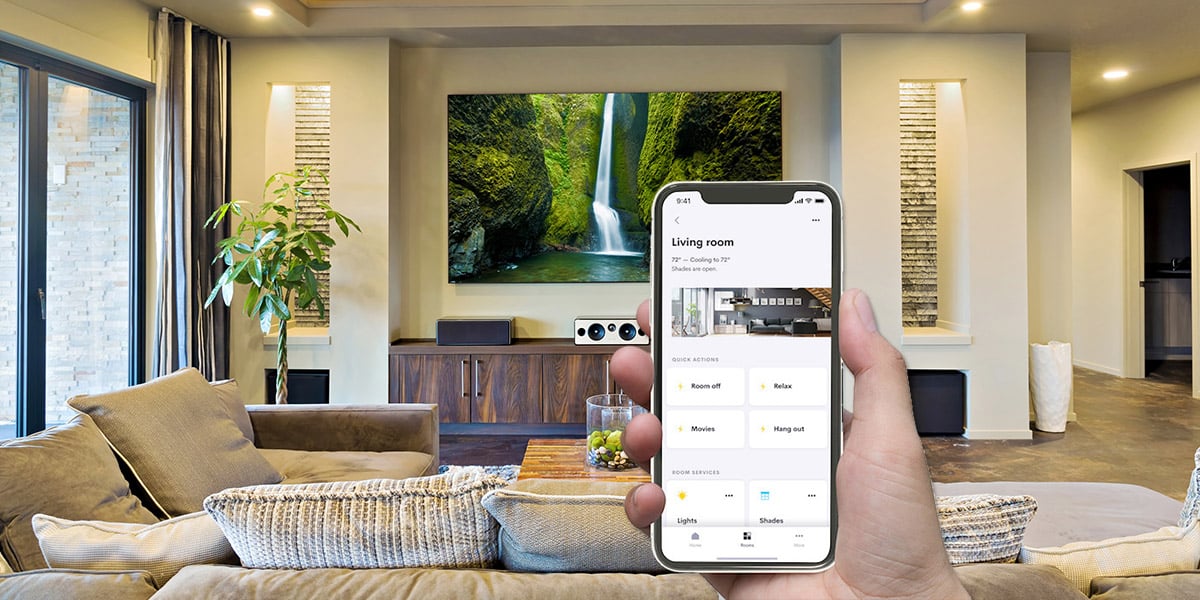
What is a smart home?
Any home can be a smart home, whether it’s a small studio apartment or a large mansion. It’s the powerful connections between individual devices that make it smart. At its very core, a smart home could be defined as a home with connected technology working together autonomously to enhance your life.
A smart home can be made up of many devices controlling things such as your lighting, blinds, heating, security, door locks and much more. Using an intelligent home controller, all these individual devices can work together. They can then be controlled using various methods ranging from wall-mounted keypads, sensors and timers to voice assistants such as Alexa and Siri.
The four pillars of a smart home
From the stream, for example, Apple Music, through to any speaker in your home all controlled via a smart control such as your phone or a touchscreen.
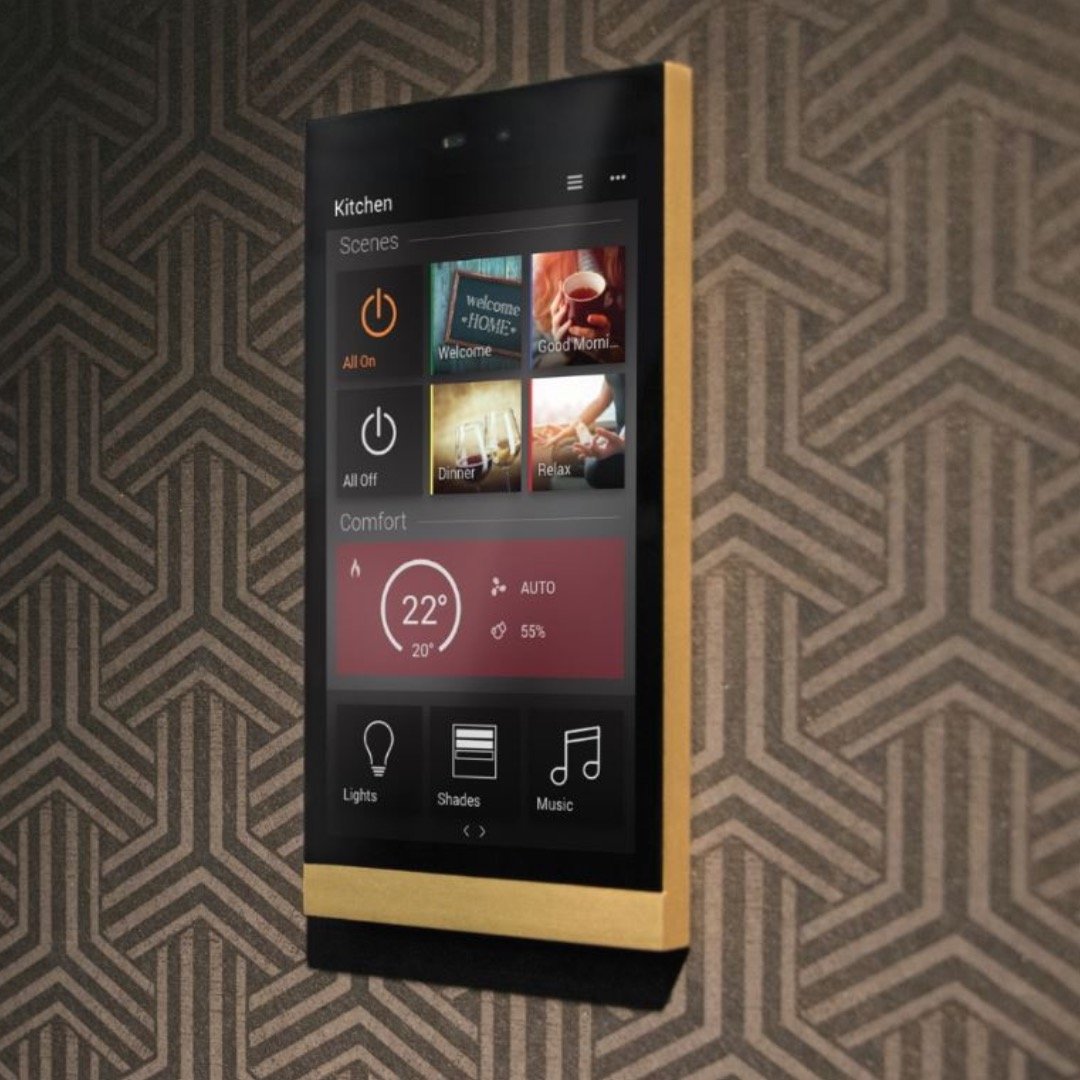
Automation
Automation enables tasks to happen automatically without user input or intervention. For example, turning the sprinklers on every evening at a set time. Automation eliminates menial everyday tasks and can also use artificial intelligence to make decisions and act upon those decisions. For example, an occupancy sensor may detect that a room has been empty for 2 hours and consequently turns the heating and the lights off. Automation also enables multiple actions to be combined into a single action. For example, a single keypad button press can turn your lights off, lock your doors and arm the intruder alarm. Automation at its best will compliment your lifestyle and blend into the background.
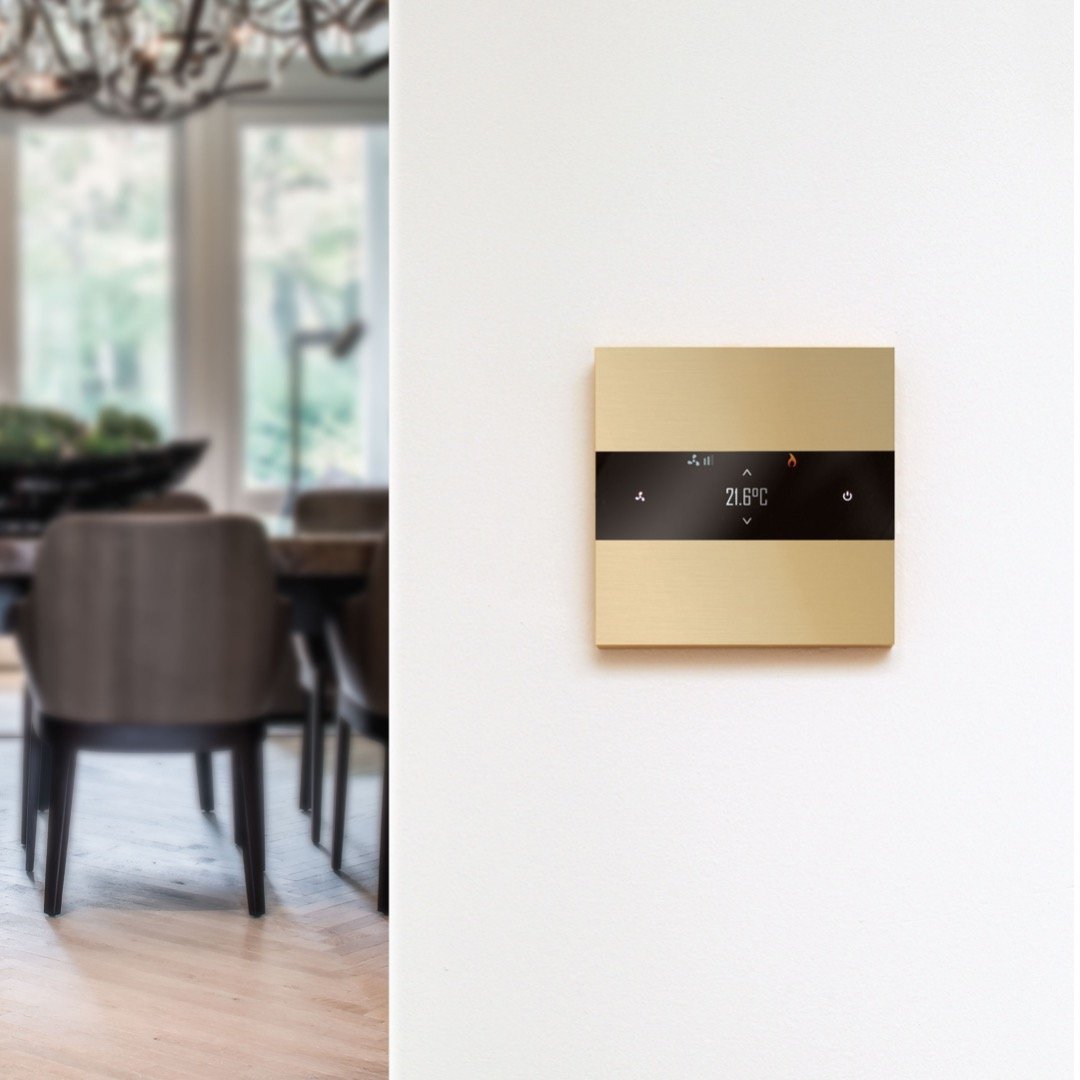
Comfort
A smart home system's ability to manage your comfort levels is one of the core functionalities of any modern smart home. For example, a regular thermostat would have the ability to turn the heating on at 4 pm every day, so the house is warm when you get home from work. A smart thermostat takes that a step further and would only turn the heating on when you’re at home or within a specified radius of your home. It would do this by using your phone's location to detect where you are. Then, in combination with sensors within the home and online weather reports for your area, the system will decide the optimal temperature for your home and ultimately manage your comfort levels.
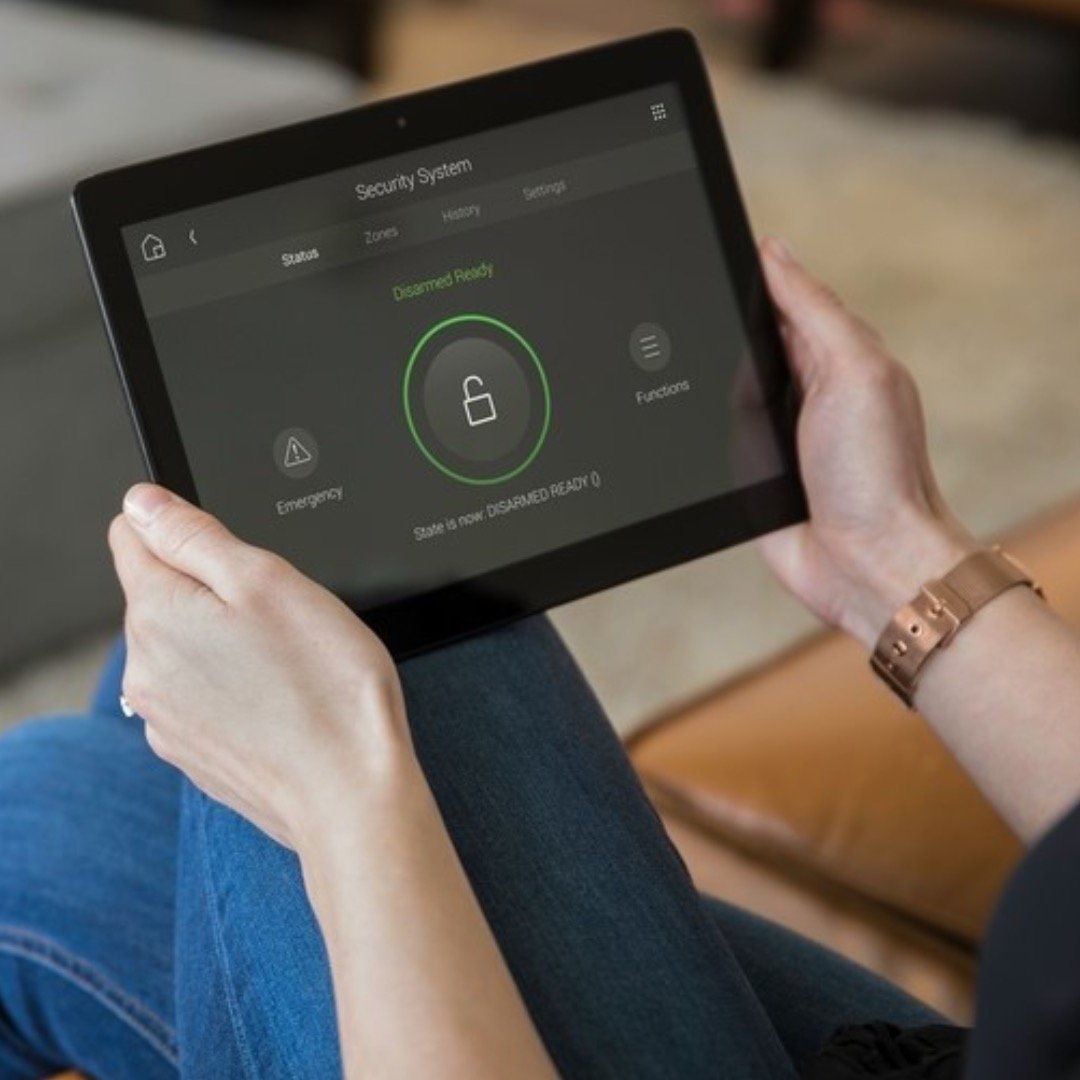
Security
Keep your home and the essential things in it safe and secure. Check the locks, cameras, garage doors and more from your workplace or even from across the globe using complementary and intuitive mobile apps. Receive alerts and notifications when someone enters your house or talk to someone who calls your doorbell or intercom, even when you’re not home. Set lights to automatically come on at sunset so you’ll never have to approach a dark house again. Set them to turn on and off randomly and automatically to deter burglars when you’re not home or on holiday. Intelligent security solutions give you peace of mind to trust that your home is safe and secure.
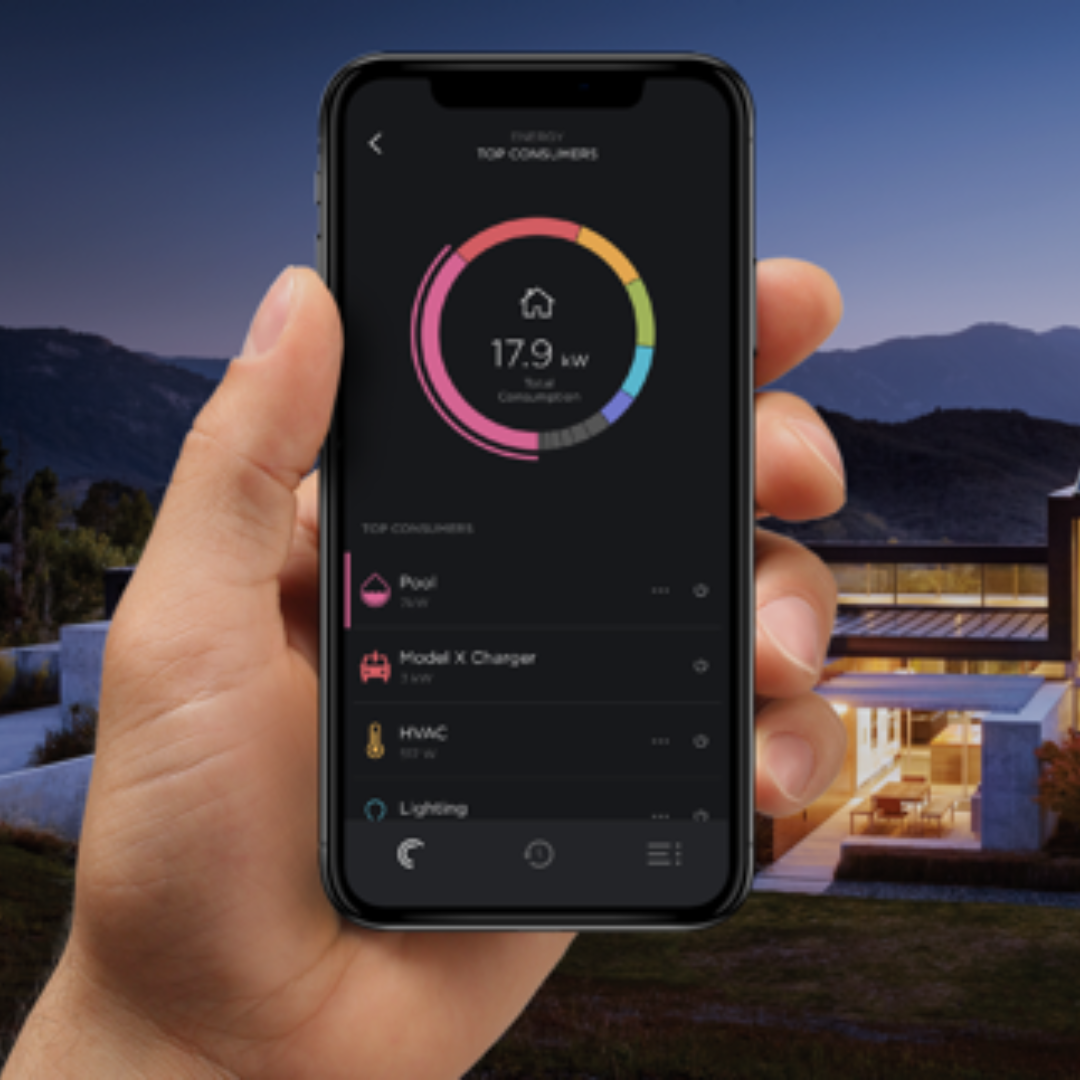
Efficiency
A smart home system enables a homeowner to take control of their energy usage through various methods. At its simplest, an intelligent home system can perform simple operations such as switching lighting and heating off when nobody is home, but it can also execute more complex functionality. For example, in the bright summer months of a year, it can trim the output of all the lighting in the home to achieve substantial cost savings without the occupants noticing a difference in light levels. Technological advances in smart home technology like this allow homeowners to implement new strategies for lowering their home’s energy use and utility bills.
Features of a Smart Home
These are just some of the great features you can enjoy with a smart home system.
Keypads
Keypads provide stunning interfaces that compliment your home and can trigger connected devices from a single button press.
Security
Smart Lighting is a perfect extension to any security system. Imitate your daily routine by turning lights on and off when you’re not home.
Sensors
Energy Efficient
Smart home technology allows homeowners to implement strategies for lowering their home’s energy use and their utility bills.

